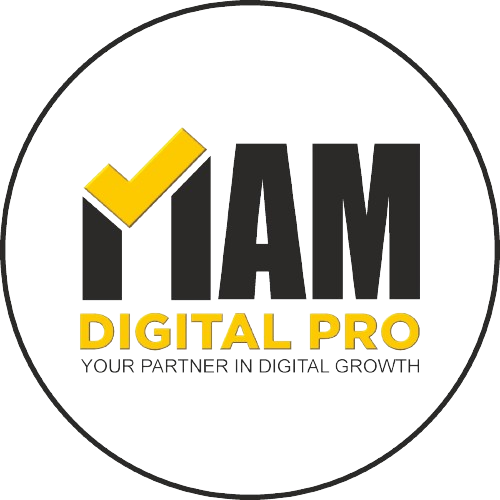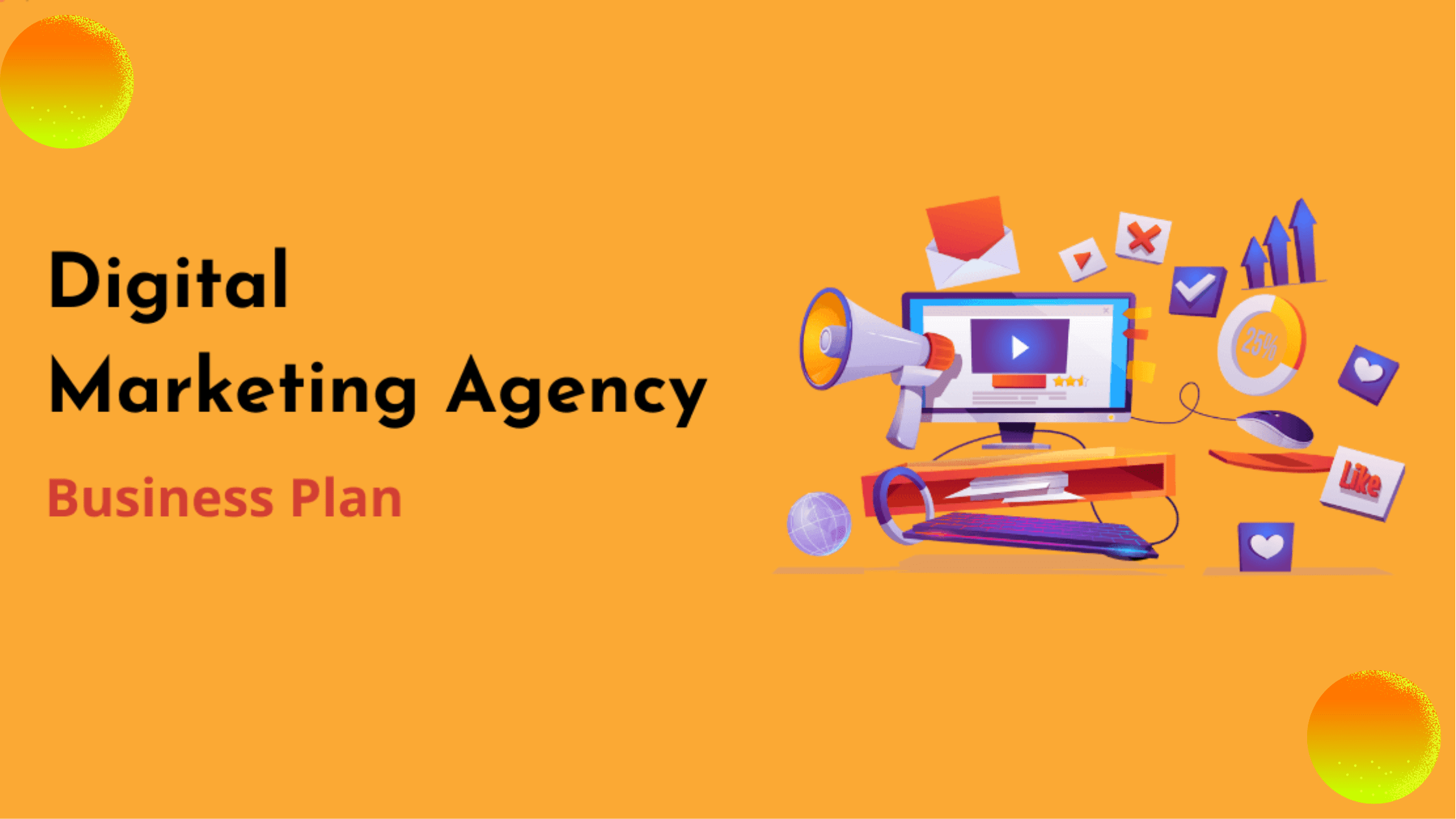If you plan on starting a digital marketing agency, a well-crafted business plan outlining your goals, strategies, and potential challenges is crucial. This blog will discuss building a winning business plan for your digital marketing agency.

- Executive Summary
The executive summary briefly summarises your business plan, outlining your company’s key points and vision. It should be concise, clear, and engaging to capture the attention of potential investors or partners.
In your executive summary, you should include the following:
- Your company’s name, location, and mission statement
- Your target audience and the services you’ll be offering
- The size of the market and potential growth opportunities
- Your competitive advantage and unique selling proposition (USP)
- Financial projections and funding requirements
2 . Market Analysis
Before starting any business, it’s essential to understand the market and competition. In the market analysis section of your business plan, you’ll research your target audience, industry trends, and potential competition.
It would be best if you researched the following:
- The size and demographics of your target audience
- Industry trends and potential market growth opportunities
- The competitive landscape, including direct and indirect competitors
- Your competitors’ strengths, weaknesses, and unique selling propositions
In this section, you’ll outline the digital marketing services you’ll be offering to your clients. Be specific about your services, including social media marketing, search engine optimization (SEO), pay-per-click (PPC) advertising, email marketing, and content marketing.
You should include the following:
- A detailed description of each service you’ll offer
- How each service will benefit your clients
- The pricing model for each service
- The resources required to deliver each service
You’ll need a solid marketing and sales strategy to build a successful digital marketing agency. In this section, you’ll outline how to attract and retain clients, build brand awareness, and generate leads.
It would be best if you considered the following:
- Your target audience and how you’ll reach them
- Your brand messaging and positioning
- Your sales process and how you’ll close deals
- Your customer acquisition and retention strategy
- Operations and Management
In the operations and management section, you’ll outline the day-to-day running of your digital marketing agency, including how you’ll manage your team, deliver your services, and handle administrative tasks.
It would be best if you considered the following:
- The organizational structure of your agency
- The qualifications and experience of your team members
- Your workflow and project management processes
- Your budget and financial projections
- Financial Projections and Funding Requirements
In this section, you’ll outline your financial projections and funding requirements. You’ll need to provide a detailed breakdown of your income and expenses, including your revenue streams, costs, and profit margins.
It would be best if you considered the following:
- Your pricing model and revenue streams
- Your projected income and expenses for the first three years
- Your funding requirements and how you’ll finance your agency
- Your break-even analysis and profit margins
- Risks and Challenges
No business is without risks and challenges, and it’s essential to be aware of potential obstacles and have contingency plans.
In this section, you’ll identify the following:
- The risks and challenges facing your agency
- How you’ll mitigate those risks and overcome those challenges
- Your contingency plans in case of unexpected events or emergencies
Conclusion
In the conclusion of your business plan, you’ll summarise your key points and highlight why your digital marketing agency is a good investment opportunity.
You should:
- Reiterate your mission statement and unique selling proposition
- Highlight your competitive advantage and potential for growth
- Recap your financial projections and funding requirements
- Encourage potential investors or partners to invest in

